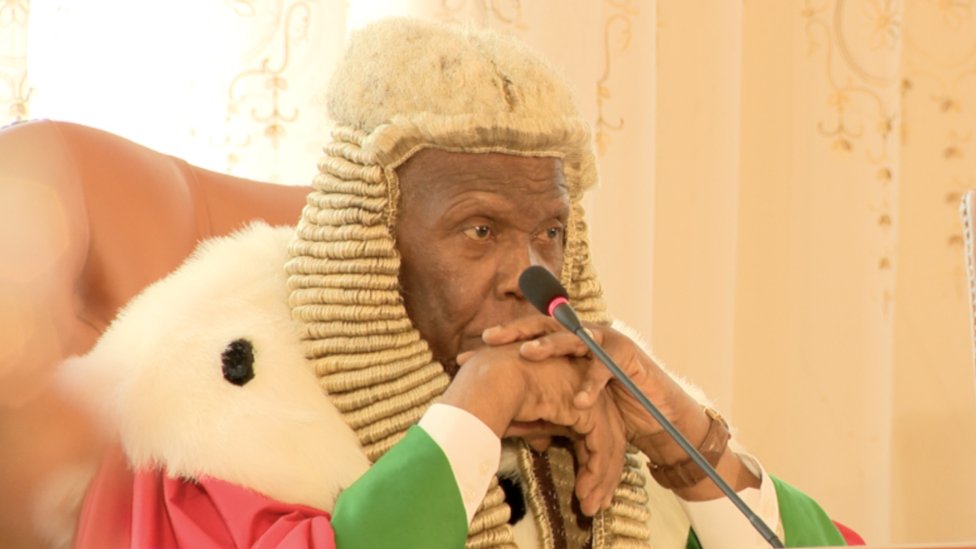
The Constitutional Council of Cameroon has been inundated with 20 appeals challenging the provisional list of presidential candidates for the October 12, 2025, election, just 48 hours after the publication of the official roster.
Petitions were filed before the midnight deadline, triggering a legal marathon that could shape the upcoming vote.
According to Article 129 of electoral law, all appeals must be lodged within two days of the list’s release.
The flood of petitions reflects widespread dissatisfaction among rejected candidates and political actors, some seeking reinstatement while others challenge the validation of certain approved contenders.
Among the first to act was Bertin Kisob of the Cameroon Party for Social Justice, who led the wave of challenges after his candidacy was denied.
“I submitted four applications, my fingers were shaking,” said one activist at Yaoundé’s Elig-Edzoa intersection, clutching his phone as he described the frantic rush to meet the deadline.
Several filings cite procedural issues, including missing payment certificates and insufficient legalized signatures—requirements under Resolution No. 2025-013. “Three million in forgotten deposits, that’s how we shoot ourselves in the foot,” lamented an electoral lawyer, pointing to errors that have derailed numerous candidacies.
High-profile figures, such as Choupo Kamgaing and Nkainmbi Promise, face multiple charges for non-compliance, with fines attached to their cases.
Meanwhile, some petitions challenge the validation of long-time incumbent Paul Biya and question the reappointment of Electoral Council members, reigniting debates about the impartiality of electoral institutions.
The Constitutional Council now has nine days, as stipulated by Article 131, to rule on the appeals. Its decisions will determine whether the field of contenders for the October poll changes significantly or remains largely intact.
As legal teams work through stacks of files “amid the smell of damp paper and tired air conditioning,” one court clerk remarked, tension is rising in Yaoundé. The outcomes of these challenges could redefine the dynamics of Cameroon’s most anticipated election in years.



